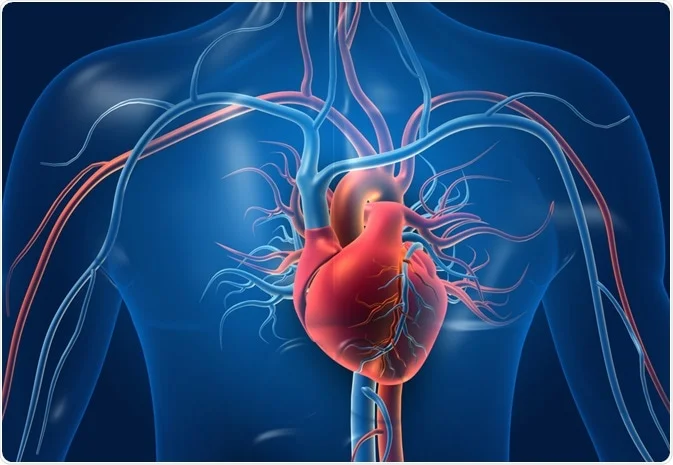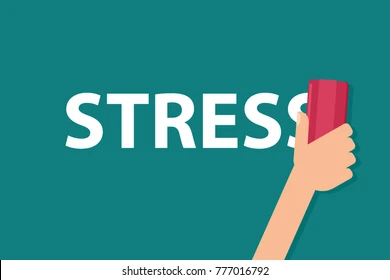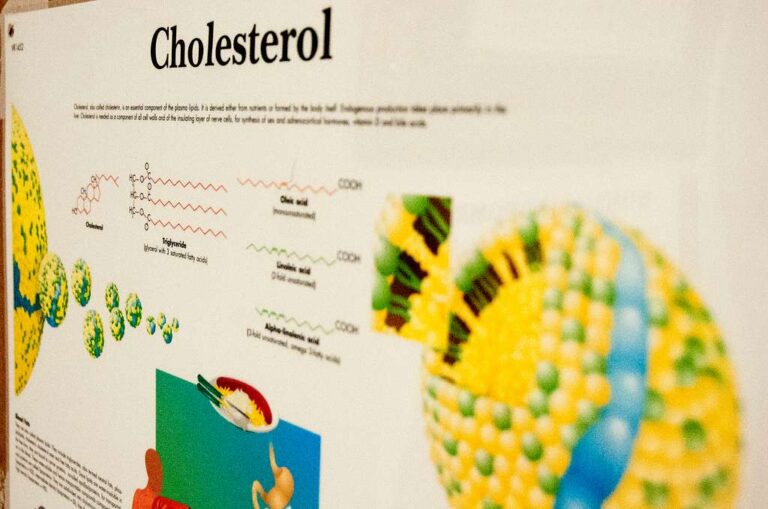When to Consult a Cardiologist for Your Heart Concerns

A cardiologist specializes in diagnosing and treating conditions that affect the heart, making them the go-to expert when concerns about cardiovascular health arise. From chest pain to managing risk factors like high blood pressure, knowing when to consult a cardiologist can be a lifesaving decision. Here’s more information about consulting a heart health specialist for heart concerns:
Recognizing Key Symptoms
Chest pain is one of the common warning signs that means you should see a cardiologist. This pain may feel like pressure, squeezing, or burning in your chest. Sometimes the pain spreads to your arms, neck, or back.
Shortness of breath during normal activities is another key symptom. You may notice you get out of breath walking up stairs or doing things that used to be easy. This could mean your heart isn’t pumping blood well enough.
Dizziness and fainting spells need attention from a cardiologist. These symptoms may happen when your heart rhythm is irregular or when your blood pressure drops too low. Swelling in your legs, ankles, or feet can also be a sign of heart problems.
Managing Risk Factors for Heart Disease
Certain health conditions increase your chances of developing heart disease. High blood pressure puts extra strain on your heart and blood vessels. If your regular doctor can’t get your blood pressure under control, a cardiologist can help find the right treatment.
High cholesterol levels can block your arteries over time. A cardiovascular physician can create a personalized plan to lower your cholesterol through a combination of medication and lifestyle changes. A family history of heart disease also makes you more likely to develop heart problems.
Ongoing Care and Specialized Testing
Cardiologists can perform tests that your regular doctor may not be able to do. These tests help detect problems early before they become severe. An electrocardiogram measures your heart’s electrical activity and can spot irregular rhythms.
Stress tests show how your heart functions during exercise. This test can detect blocked arteries that may not cause symptoms when you’re at rest. Echocardiograms use sound waves to create images of your heart and assess its function, including how well it pumps. Blood tests can detect markers that indicate heart damage or inflammation. A cardiology specialist knows which tests you need based on your symptoms and risk factors.
Why Early Consultation Matters
Many heart conditions develop slowly over time without showing any symptoms. By the time you feel sick, the problem may already be in an advanced stage. Early treatment is often more effective and less invasive. Simple changes to your diet, exercise, or medication may be enough to manage your condition. Waiting until you have a heart attack or other emergency means you’ll need more aggressive treatment. Your primary care doctor may recommend that you see a cardiologist even if you don’t have symptoms. This preventive approach can help identify risks and start treatment before problems develop.
Book Your Cardiologist Appointment Today
Heart health requires attention at every stage of life. Whether you have symptoms or risk factors, early consultation with a cardiologist gives you the best chance for a healthy future. If you have any of the symptoms or risk factors mentioned, schedule an appointment with a cardiologist today for a professional evaluation.
- What to Expect When Visiting a Foot and Ankle Specialist
- Causes of PTSD
- The Link Between Plantar Fasciitis and Weight Gain: What You Need to Know
- How Pet Ownership Can Positively Impact Life with Fibromyalgia
- The Importance of Stretching and Flexibility in Sports Medicine
Dr. Emma Green is a health and wellness expert with over 10 years of experience in nutrition and fitness. Passionate about helping others live their healthiest lives, Dr. Green shares practical advice on wellness, nutrition, and sustainable living through LivingSpristine.






